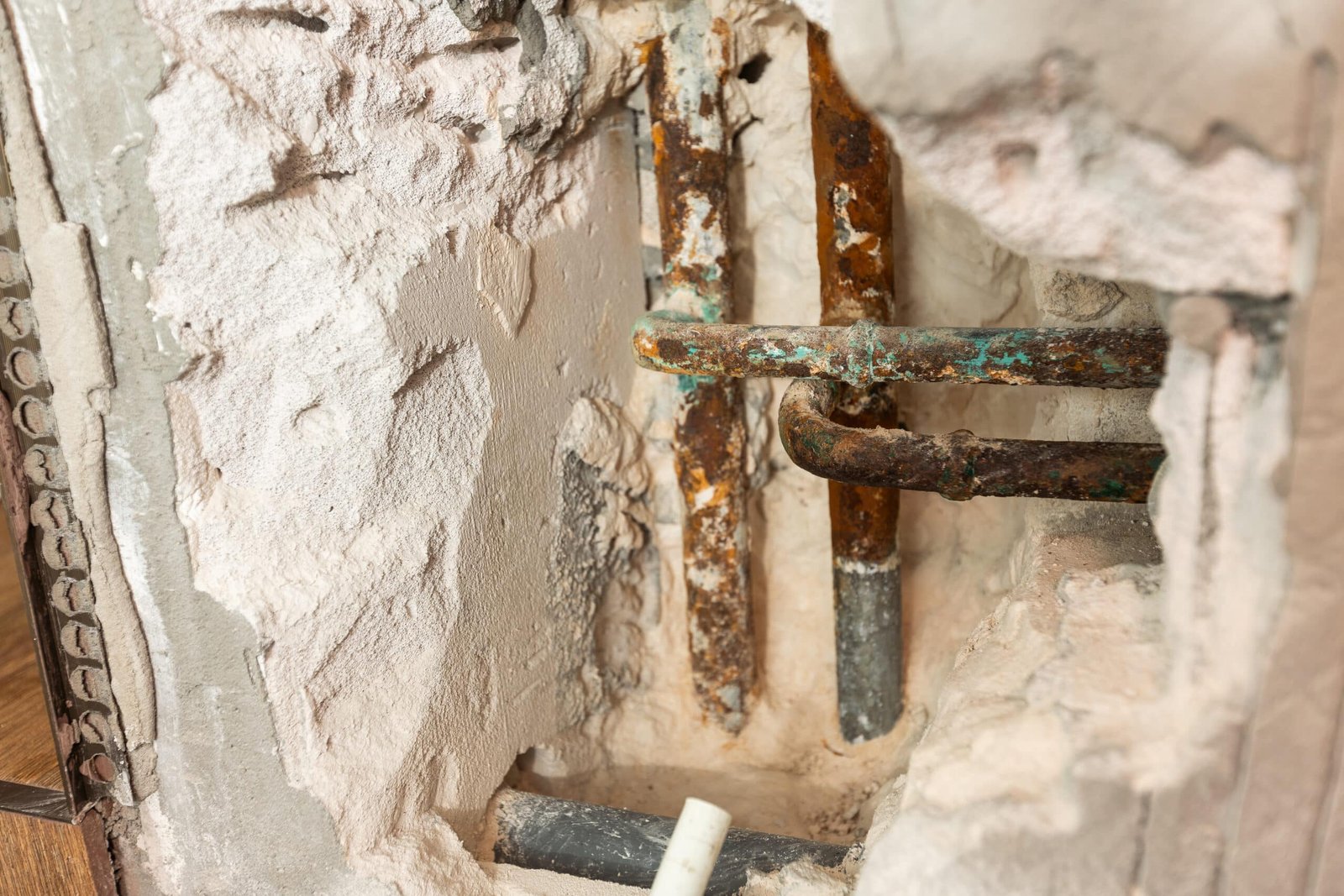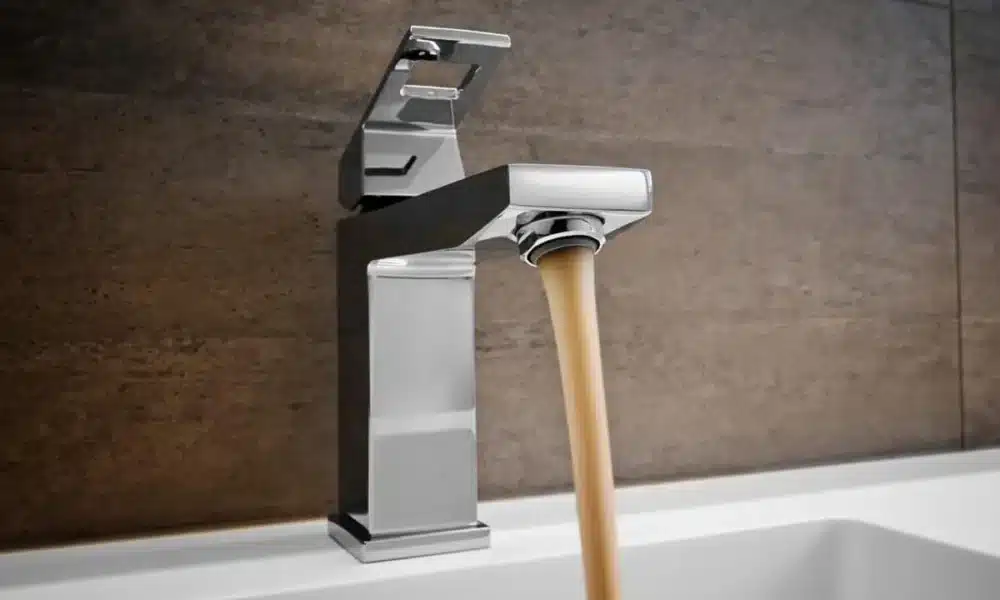Table Of Content
Picture this: you turn on your faucet, expecting crystal-clear water to flow out, but instead, you’re met with a disturbing sight – black water coming out of the faucet. It’s a scenario that can evoke immediate concern and confusion. In this comprehensive guide, we’ll delve into the phenomenon of black water coming out of faucets, exploring its various causes, potential risks, and practical solutions to address this unsettling issue.
Understanding Black Water
Black water is exactly what it sounds like – water that appears dark or blackish in color when it flows out of faucets or other water fixtures. While encountering black water can be alarming, it’s essential to understand that it can stem from various underlying factors, ranging from benign to potentially hazardous.

Causes of Black Water
- Corroded Pipes: Corroded plumbing pipes are one of the most common causes of black water coming out of faucets. Over time, pipes made of materials like iron or galvanized steel can degrade, accumulating rust and sediment. Water flowing through these corroded pipes can pick up particles, resulting in discoloration.
- Disturbances in Water Mains: Construction work, maintenance activities, or disturbances in water mains can stir up sediment and debris in the water distribution system. This can cause temporary discoloration, with water appearing black or brown until the sediment settles.
- Presence of Minerals: Certain minerals naturally present in water, such as manganese and iron, can contribute to black water. When these minerals oxidize, they can impart a dark color to the water, giving it a rusty or blackish appearance.
- Organic Matter or Bacteria: In rare cases, black water may indicate the presence of organic matter or bacteria in the water supply. This can occur due to contamination from sources such as decaying vegetation, sewage, or biofilm within pipes. Waterborne bacteria like iron or sulfur can produce black sludge, which discolors the water.
Risks Associated with Black Water
Encountering black water from your faucet raises valid concerns about its safety and potential health risks. While not all instances of black water pose immediate threats, there are several risks to consider:
- Health Concerns: Depending on the underlying cause, black water may contain contaminants or pathogens that pose health risks if ingested or exposed to skin and mucous membranes. These contaminants can lead to gastrointestinal issues, skin irritation, or even more serious illnesses in severe cases.
- Aesthetic and Structural Damage: Beyond health risks, black water can cause aesthetic and structural damage to your plumbing fixtures, appliances, and property. Stains from discolored water can be challenging to remove from bathroom or kitchen sinks, bathtubs, and laundry. Additionally, corrosive elements in black water can accelerate the deterioration of plumbing systems, leading to leaks, pipe bursts, and costly repairs.
Identifying and Addressing the Issue
If you encounter black water from your faucet, it’s essential to identify and address the underlying problem promptly. Here’s what you can do:
- Isolate the Source: Determine whether the black water is localized to a single faucet or affecting multiple fixtures throughout your property. If isolated, the issue may be specific to the fixture’s plumbing, such as a corroded pipe or malfunctioning valve.
- Check with Neighbors: Reach out to your neighbors or nearby residents to inquire if they’re experiencing similar issues with their water supply. It suggests a broader problem within the water distribution system if multiple households are affected.
- Contact Water Provider: If you suspect a systemic issue with the water supply, contact your local water provider or utility company to report the problem. They can investigate the water quality in your area and take appropriate measures to address any issues in the distribution system.
- Consult a Professional: Consider seeking assistance from a licensed plumber or water quality specialist to assess your plumbing system and conduct water quality testing. They can identify potential sources of contamination or corrosion and recommend appropriate solutions.

Preventing Future Incidents
While addressing incidents of black water coming out of the faucet is crucial, preventive measures can help minimize the likelihood of recurrence. Here are some preventive steps you can take:
- Regular Maintenance: Schedule routine inspections and maintenance for your plumbing system to identify and address issues like corrosion, leaks, and sediment buildup.
- Water Filtration: Install a water filtration or purification system to improve the quality of your drinking water and reduce the risk of contamination from minerals, sediment, or bacteria.
- Flush Pipes: Periodically flush your plumbing pipes to remove accumulated sediment and debris, which can help maintain water quality and prevent discoloration.
- Monitor Water Quality: Stay vigilant for any changes in tap water’s appearance, taste, or odor. If you notice any abnormalities, investigate promptly to prevent potential health risks.
Conclusion
Encountering black water from your faucet can be unsettling, but understanding its causes, risks, and solutions is essential for addressing the issue effectively. Whether it’s corroded pipes, mineral deposits, or bacterial contamination, taking prompt action and implementing preventive measures are vital to safeguarding your health and preserving the integrity of your plumbing system. By staying informed and proactive, you can ensure your tap water remains clean, clear, and safe for everyday use.









![Shiplap Costs Per Square Foot: Proven Expert [2026 Pricing Guide] Shiplap Costs](https://mynexthouseproject.com/wp-content/uploads/2026/01/Shiplap-Costs-550x400.jpg)


